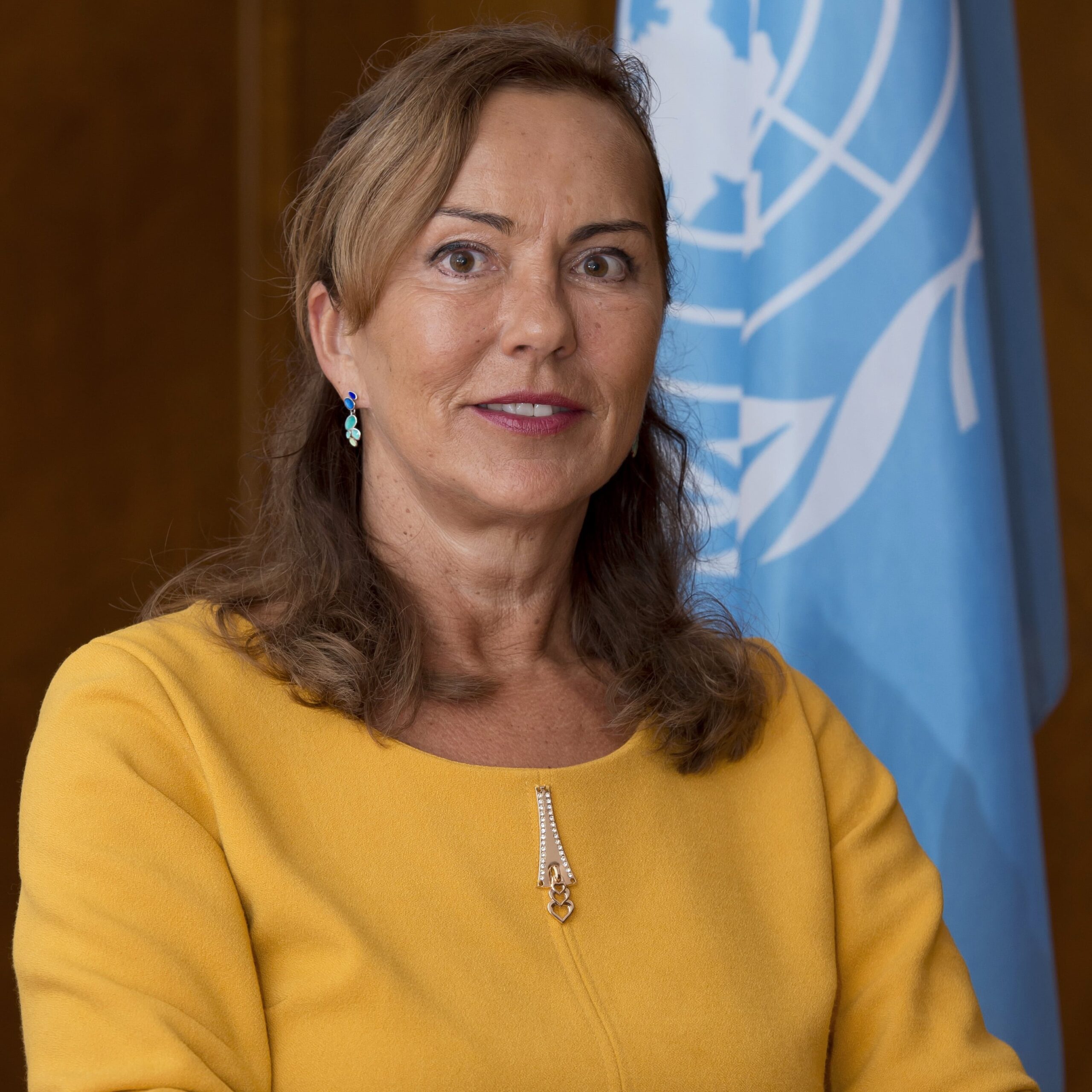Date:
Time:
Info:
Location:
Joint Ministerial Statement
The participating Ministers in the MRT on Transport and Climate Change released a joint statement on 24 May 2023 expressing the urgent need to rapidly scale up decarbonisation solutions across all modes of transport, in particular, international aviation and shipping.
The United Kingdom has taken the initiative to draft a joint statement from the roundtable and participating ministers and state secretaries from Germany, Ireland, Korea, Liechtenstein, Lithuania, Norway, Romania, and the United Kingdom have agreed.
The joint statement can be found here (PDF).
The transport sector accounts for 23% of global energy-related CO2 emissions. There has been progress in recent years in the transport sector coming together to discuss actions to decarbonise this sector. At COP25 transport was included in the official programme for the first time, and at COP26 alongside an inaugural COP Transport Ministers Roundtable, many governments and businesses came forward with ambitious commitments to mitigate their emissions from transport.
Despite this progress, emissions from the transport sector continue to move on an upwards trajectory, and transport did not feature prominently on the Presidency agenda at COP27, limited the progress made on decarbonising this key sector of the economy.
A number of intertwined challenges need to be carefully and robustly tackled towards carbon neutrality in the transport sector. As well as setting ambitious national and regional emission reduction targets, governments and businesses need to set clear emissions reduction plans for each mode of transport, alongside enhancing innovation, transforming and strengthening transport infrastructure, and scaling up required financing to deliver on these plans. However, there is also an opportunity to maximise the benefits of the green transition - to reimagine how we travel, to improve health outcomes of our populations, and improve our economies through development of new green industries.
To support overcoming these challenges and reaping the opportunities of this transition, we must maximise opportunities for collaboration at the international level both within the transport community but also through strengthening partnerships and collaboration across stakeholder groups beyond the transport sector.
All transport modes, even if considered ‘difficult to decarbonise’ (e.g. aviation, shipping, and long-haul road transport) or outside of the COP process, require greater ambition to meet shared commitments. For example, in the international aviation sector, in October 2022, the 193 member states of the International Civil Aviation Organization (ICAO) successfully agreed to set a Paris-aligned target for the first time. Whilst international shipping, which carries 80% of global trade by volume, is responsible for almost 3% of global greenhouse gas emissions. If it were a country, it would be the world’s eighth-largest emitter. But stronger, Paris-aligned targets are not just scientifically required, they are also increasingly a consensus view across industry and countries alike as the International Maritime Organization (IMO) prepares to revise its Initial Strategy on Reduction of GHG Emissions from ships this July.
In advance of the COP28 Summit in Dubai, the United Arab Emirates, in November and December 2023, this Ministers’ Roundtable will focus on actions needed to get the transport sector on track to decarbonise in line with the goals of the Paris Agreement, how we can best work together at an international level to achieve this. Key discussion outputs will be carried forward to high-level dialogues at COP28.
Specific topics for discussion are as follows.
1. Actions to get us on track: The Covid-19 pandemic and the following energy crisis have changed the movement of all transport modes. What are the most important actions Transport Ministries can take to support a sustainable and resilient recovery with views to achieving climate goals? To satisfy both mobility needs and emission reductions, what policy incentives will encourage behavioural change?
2. Collaboration: How can the public and private sectors better work together to advance climate actions in transport? How can Transport Ministries work more closely with their environment/energy counterparts to ensure transport policies are aligned with overall climate ambitions? What are the asks and needs of the transport sector as it decarbonises that can be relayed to Energy Ministers at the Clean Energy Ministerial in July?
3. Decarbonising shipping: International shipping is regarded as one of the ‘difficult-to-decarbonise’ sectors. What steps can public and private actors take to reduce international maritime emissions? How can regulators such as IMO and other relevant multilateral fora as well as domestic actors, ensure the sector is consistent with the Paris Agreement’s long-term goal to limit global temperature rise to 1.5°C above pre-industrial levels?
















